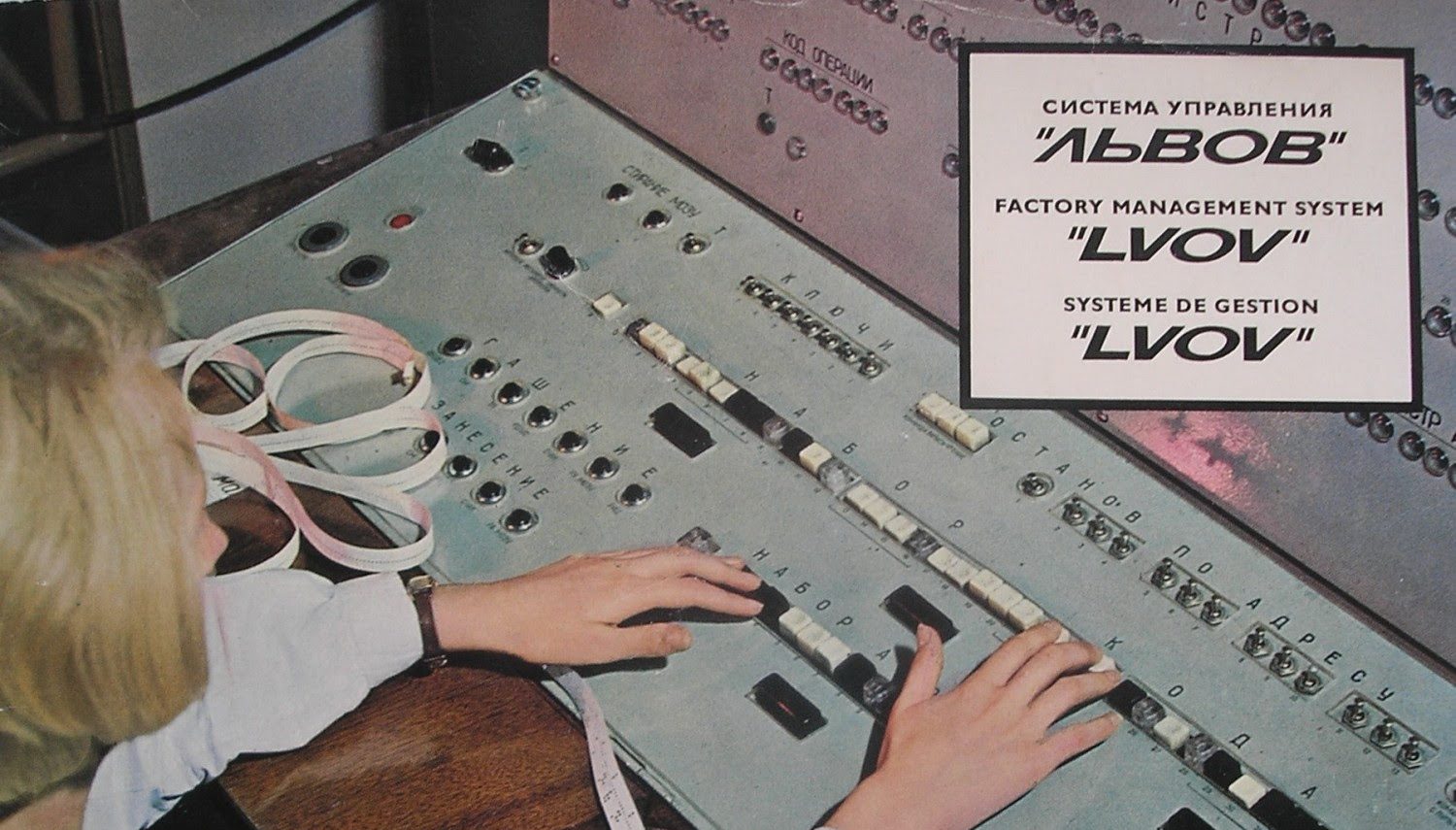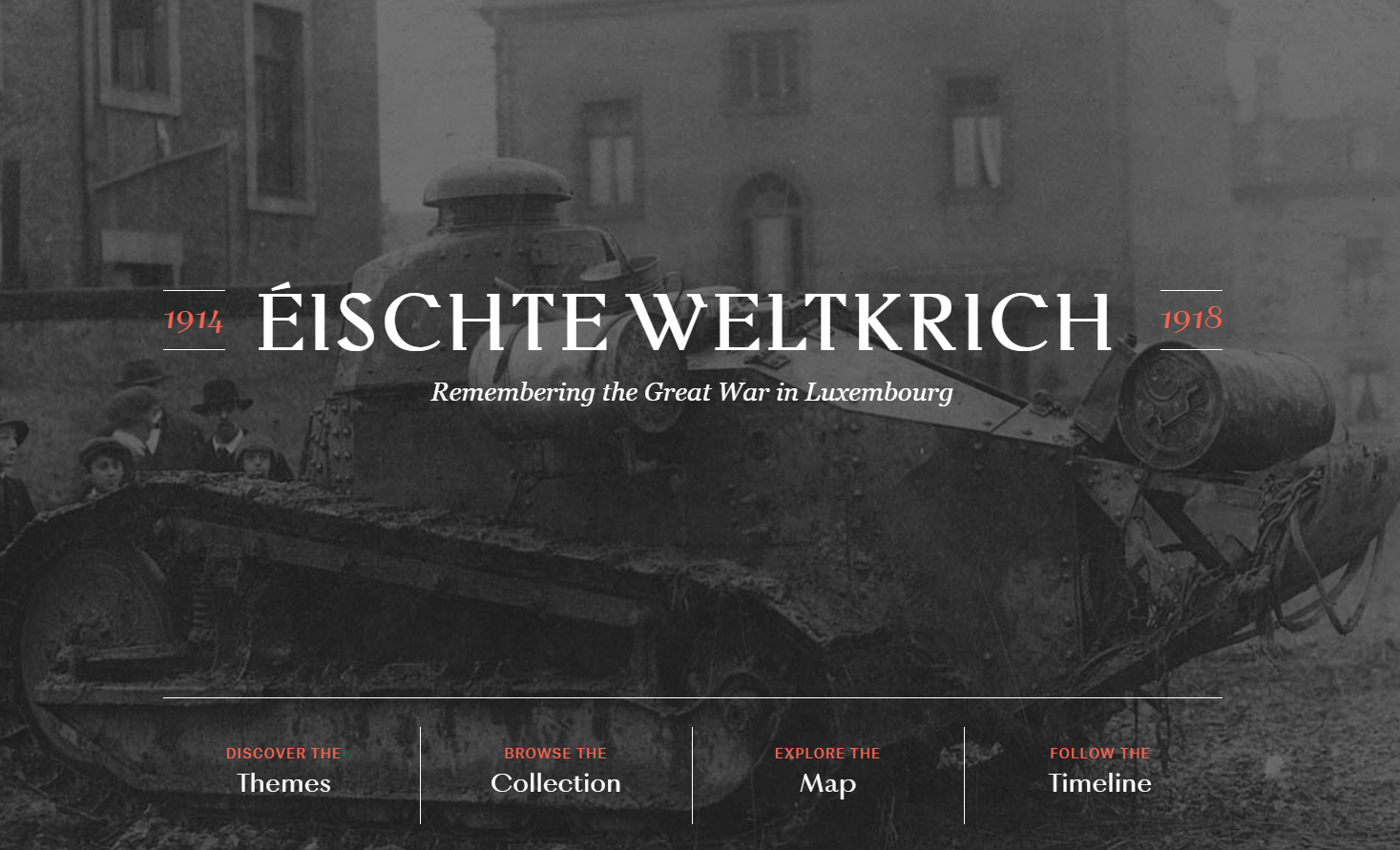Sharing Digitally: Seminar on Digital Tools and Infrastructures
29.9.2021, 11:00-16:00 (UTC +3, Kyiv time)
online / zoom / youtube
How do digital humanities projects work? What tools and skills are needed to create such projects? Is expertise in programming a key to it all? Where do you find the experience of others and share your own achievements? How do digital technologies affect knowledge production and academic discussion? What standards and infrastructures are needed in order to maintain, exchange, and discuss projects built around historical data in a productive and sustainable way?
A Digital History Seminar "Sharing Digitally: Digital Tools and Infrastructures" will focus on the tools and digital standards, networks of institutions, and discussion platforms in the field of digital humanities and social sciences that help search for answers to these questions.
The use of digital technologies is integrated into humanities much deeper than it might initially seem. Digital skills and tools have long been present in our daily professional and private practices. At the same time, academic institutions keep contributing to broader accessibility of methodological and technological opportunities. The event has a goal to show that digital methods and tools in humanities cannot be reduced to the technological expertise only, or to scaling up of funding. The development of infrastructure, the creation of educational resources, the introduction of standards for free data access, and working tools make this exchange of knowledge and experiences open for a wide community of researchers.
The topics for discussion at the workshop will include presentations of digital infrastructures, academic journals in digital history, open-source training materials, and tools.
We invite you to participate, and please, register in advance [register]
The event will run on Zoom, with the stream on Youtube.
Language of presentations — English, Zoom will have the simultaneous interpreting into Ukrainian. One of the largest European networks that include institutions from over 20 countries. DARIAH is a space for the exchange of experience, finding partners, studying the methodologies and tools in digital humanities. The online platform to support SSH researchers at every step of the research data lifecycle, pooling and harmonizing their key tools and services, datasets, training materials, workflows and publications. Programming Historian is a peer-reviewed academic journal created by digital historians. One of the largest resources for training and methodological materials on digital technologies in historical research. An online platform to transcribe manuscripts and annotation for images, collaborative work on historical sources, and set connections between them. Recogito also provides visualizations of annotated documents. The tool received several awards in the field of digital humanities (Best Open Source Software in the Open Publishing Awards 2019 and Best DH Tool in the Digital Humanities Awards 2018). The platform for building and maintaining encyclopedias. The project was created by the Center of Digital Systems of the Free University of Berlin. It’s aim is to offer basic tools for researchers, editors, publishers, and librarians to create online encyclopedias, reference works, catalogs, etc. The system is open-source and meets key requirements of academic online publications in humanities and social sciences. One of the largest projects based on this system is the online encyclopedia on the history of the Great War: encyclopedia.1914-1918-online.net The Journal of Digital History (JDH) is a new journal, designed for data-driven research in history. It is intended to serve as a forum for critical debate and discussion in the field of digital history by offering an innovative publication platform and promoting a new form of data-driven scholarship and of transmedia storytelling in the historical sciences. As an international peer-reviewed open access journal, the JDH will set new standards in history publishing based on a novel multi-layered approach. Each article will include a narration layer involving transmedia storytelling; a hermeneutic layer exploring the methodological implications of using digital tools and data; a data layer. OPERAS — open scholarly communication in the European research area for social sciences and humanities, a new-born distributed infrastructure that aims at providing open access publishing services to the SSH researchers in Europe and support their transition towards open science as the default modus operandi of research. Shadows of Empires is a historical mapping platform covering the transient nature of modern Europe’s political borders since the late 18th century. The platform was created in collaboration between the Center for Governance and Culture in Europe (University of St. Gallen) and dekoder platform. The project map set is a digital representation of territorial definitions, imaginations, and wartime arrangements of various European states and their borders. The current stage of the project focuses on Eastern and South-Eastern Europe. The US Holocaust Memorial Museum’s upcoming online Ukrainian-language resource for students and professors about the Jewish and Holocaust history of Ukraine. The presentation will share a preview of the site along with the Museum’s research methods, how they helped the team prioritize content for Ukrainian audiences, and how they will ensure the digital resource meets long term needsWorkshop participants will represent the following projects
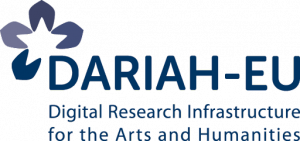
DARIAH
The Digital Research Infrastructure for the Arts and Humanities 
SSH Open Marketplace
Social Sciences & Humanities Open Marketplace 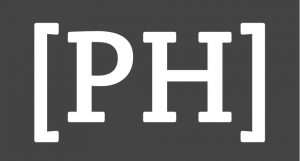
Programming Historian

Recogito
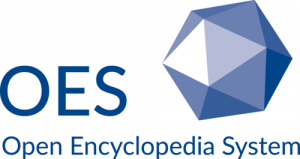
Open Encyclopedia System
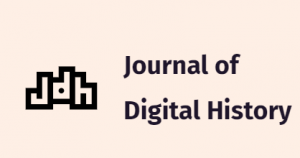
Journal of Digital History
The presentation will detail the three layers, as well as the journal’s infrastructure.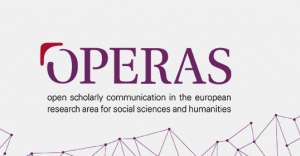
OPERAS
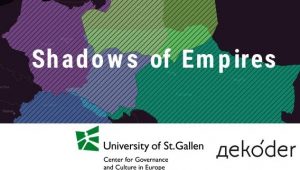
Shadows of Empires

Teaching Holocaust History in Ukraine
Digital History Seminars explore methodological, ethical, and theoretical aspects of generating, collecting, and analyzing digital or digitalized sources as testimony on the past and the worlds in which people used to live or are still living. The idea of the seminars is built around the notion that digital technologies and digital methods in historical studies are the broader domain than of programming scholars and technicians. Within this discussion platform, we aim at addressing the issue of how it applies to the historical community in its entirety.
The event is organised as part of "Digital History Seminars" of the Center for Urban History of East and Central Europe and supported by the Center for Governance and Culture in Europe at the University of St. Gallen (Switzerland).
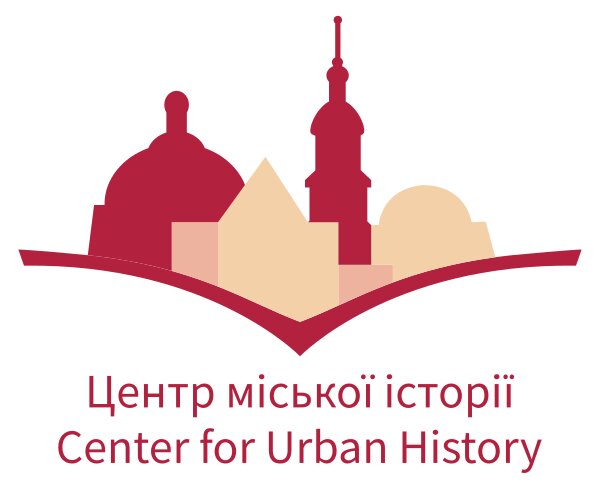
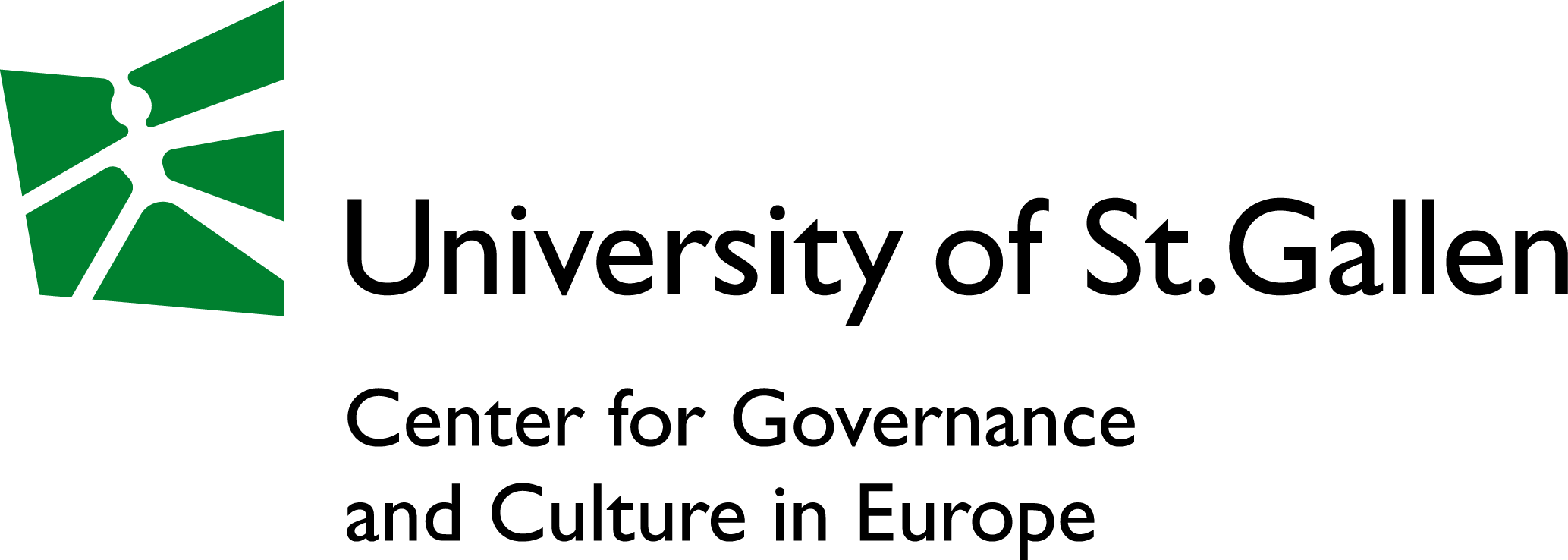
Credits
Cover image: The "Lvov" management system advertisement, the 1970s / IT museum DataArt
